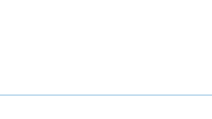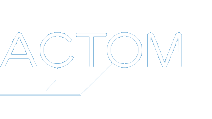Boilers are critical equipment used for steam generation and are found throughout the manufacturing industry. Unplanned downtime of boilers can lead to a halt in production as steam supply often fills a process-critical function.In this webinar, we will demonstrate how an end-to-end workflow was developed using MATLAB and Machine Learning (ML) for one of our clients, John Thompson, who manufacture and operate boilers for a variety of applications. Steam demand within this particular sugar mill fluctuates drastically and disturbs the boiler up to a point where trips occur due to extreme water levels. The ML algorithm quantifies the likelihood of a boiler trip and predicts when the next trip would occur. This information is used by operators to take appropriate actions in advance to prevent possible trips from happening.The solution developed to address this problem involved many components, such as:
- Historical and current data access using OPC
- Development of a suitable algorithm using machine learning
- Development of an easy-to-use Guided User Interface (GUI) deployed as an executable file
- In this presentation, each component of the solution is explored, with particular reference to how MathWorks tools were used to develop and deploy the end-to-end solution.
About the Presenters
John Atherfold is a Data Science and Modelling Specialist at Opti-Num Solutions who specialises in helping the clients he works with by building statistical and predictive models for a variety of applications. The solutions he has built typically entail integrating a number of technologies, such as data analytics, traditional control theory, machine learning, and software development. Prior to joining Opti-Num, John worked in the Aerospace industry, where he designed and implemented control systems for drone take-off and landing processes. He received a MSc (Computer Science) and BScEng (Mechanical Engineering) with Distinction from the University of the Witwatersrand, Johannesburg.Christopher is a Cyber Physical Systems Engineer employed at John Thompson. He is responsible for research and development projects for a wide range of operational and logistical applications. With an aptitude in programming and design he has successfully applied machine learning concepts and predictive learning into boiler systems. Before his employment with John Thompson, Christopher was employed at CIDER (Centre for Infectious Disease Epidemiology and Research) where he helped develop one of the information systems used in government health. At Stellenbosch university, Christopher received his Meng (Mechanical Engineering) and BEng (Mechatronics Engineering).


